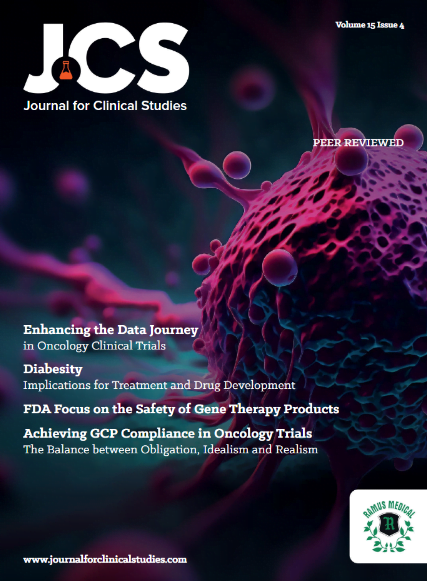A new study has revealed that Oncimmune’s EarlyCDT Lung test is more effective than the traditional computed tomography (CT) surveillance in lung cancer diagnosis.
The research, funded by The National Institute for Health Research (NIHR) SBRI programme, revealed that the test – at a price point of £70 – actually trumps CT surveillance in effectiveness, with an incremental cost-effectiveness ratio of less than £2,500 – depending on the test accuracy parameters used.
Lung cancer is one of the most prevalent forms of cancer and kills more women than breast and ovarian cancers combined. Five-year survival rates for breast and bowel cancer patients are 86% and 59% respectively. Both of these cancers have screening programmes. Five-year survival for lung cancer, which has no screening programme, is less than 10%.
The project is being hailed as “exciting and important”, with Dr Helen Radford, director of operations, NIHR Leeds MIC explaining how it also “included an NHS laboratory validation alongside focus groups with members of the public to understand the patient’s perception in early lung cancer screening and how this blood test could help.”
She said the organisation “looks forward to working with Oncimmune in the future.”
The test is easy to use, as it can be run in any laboratory with standard laboratory equipment and more than 160,000 tests have been sold. The company also says that a “kit” form of the test was CE marked in May 2017 for distribution to laboratories outside the USA.
CT-based surveillance is the primary radiologic means by which oncologists and thoracic surgeons monitor their patients with resected lung cancers, but can be a cause of anxiety and fear for the patients involved.















